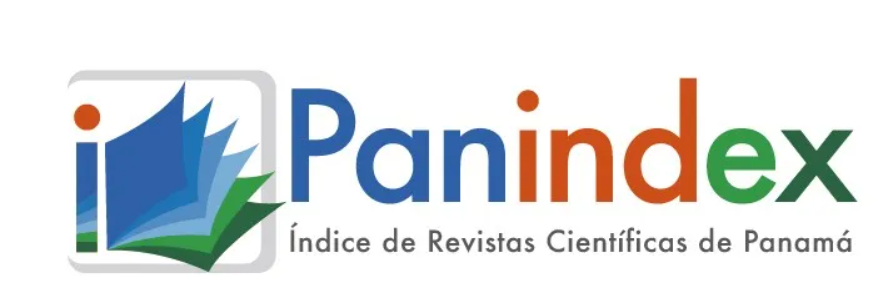Manuscripts sent to SALUTA Magazine must be original and unpublished and must not be simultaneously in the process of publication in other magazines, compilations or any other means of publication. The content of the publications and the links suggested in them are the sole responsibility of the authors and not of the METROPOLITAN UNIVERSITY OF EDUCATION, SCIENCE AND TECHNOLOGY
(UMECIT) or the magazine SALUTA. They are protected by international copyright laws as well as the logos of UMECIT AND SALUTA MAGAZINE, hence their reproduction is totally prohibited. The copyright will belong to the UMECIT.
Under a Creative Commons Attribution License authors may share work with acknowledgment of authorship of the work and initial publication in this journal.



Abstract
The present work corresponds to the result of an intervention carried out by the Psychological Health Services Unit of the Faculty of Psychology Xalapa region of the Veraucruzana University with the participation of two students who carried out their social service in said unit in the planning, implementation and writing. The objective was to describe the protective factors of the mental health of undergraduate students of the programs: Clinical Chemistry, Dentistry, Contemporary Dance, Development of human talent in organizations and Industrial Relations, who after two years of having the online school experience As a response measure to the health contingency caused by COVID-19, they have presented manifestations associated with the deterioration of emotional, social, cognitive and behavioral aspects. The research was carried out from a participatory action research model with a qualitative non-experimental transversal approach, with the participation of 168 students, between 18 and 22 years old. The results of this intervention will allow us to monitor possible effects on the mental health of students as a result of the stress caused by the school experience during the pandemic.
Keywords
References
Colmenares, A. (2012). Investigación-acción participativa: Una metodología integradora del conocimiento y la acción. Voces y Silencios: Revista Latinoamericana de Educación. 3(1). Pp. 102-115.
Hernández, S. R., Fernández, C. C. y Baptista, L. P. (2008). Metodología de la investigación. México: McGrawHill.
Kerlinger, F. N. (2001) Investigación del Comportamiento. 2a Ed. México: McGraw Hill.
López, M., & Contreras, A. (2022). El impacto de la pandemia por covid-19 en estudiantes mexicanos de educación media superior. RIDE Revista Iberoamericana Para La Investigación Y El Desarrollo Educativo, 12(24). https://doi.org/10.23913/ride.v12i24.1141
Martínez, S. (1994). La promoción de salud en la estrategia sanitaria cubana. Serie de estudios interdisciplinarios en salud. La Habana: Instituto Superior de Ciencias Médicas de La Habana.
Mendiola, J. (2020). ¿Por qué nos agotan psicológicamente las videoconferencias? El País. https://elpais.com/tecnologia/2020-05-02/por-que-nos-agotan-psicologicamente-las-videoconferencias.html
Mendoza, L. (2020) Lo que la pandemia nos enseñó sobre la educación a distancia. Revista Latinoamericana de Estudios Educativos. 50 (-).pp. 343-352. https://doi.org/10.48102/rlee.2020.50.ESPECIAL.119
Organización Mundial de la Salud (2021). Salud mental del adolescente. Recuperado de: https://www.who.int/es/news-room/fact-sheets/detail/adolescent-mental-health
Downloads
Publication Facts
Reviewer profiles N/A
Author statements
- Academic society
- Universidad Metropolitana de Educación, Ciencia y Tecnología
- Publisher
- Universidad Metropolitana de Educación, Ciencia y Tecnología



















